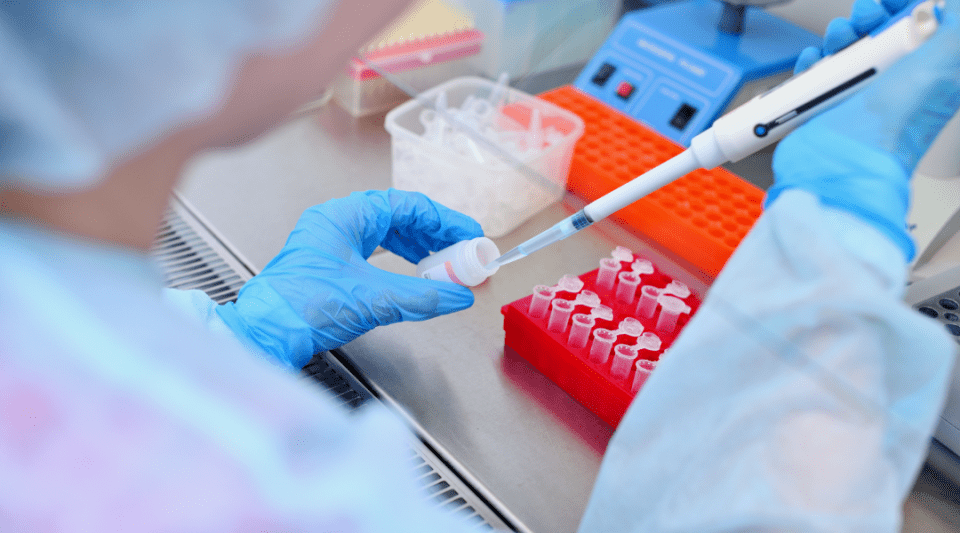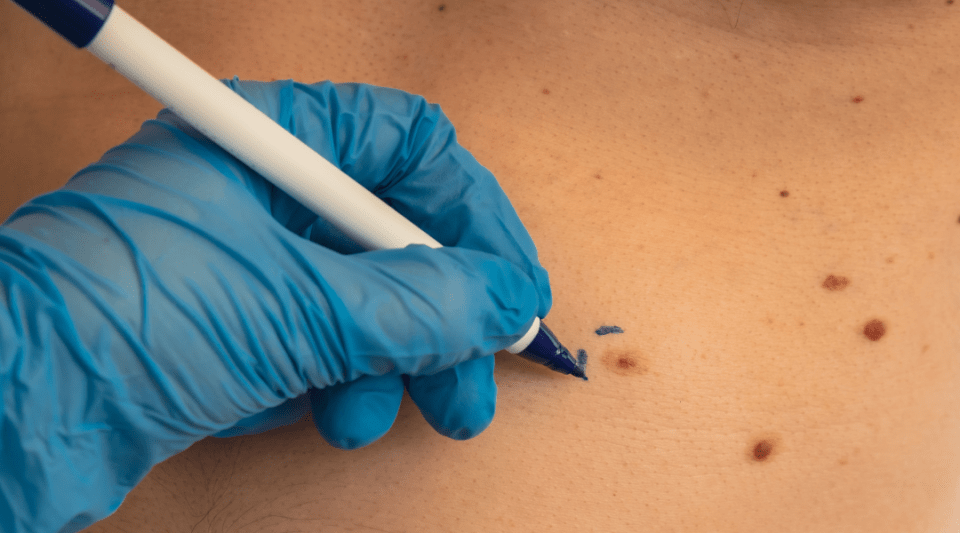Currently, most people with HIV-AIDS have a positive prognosis. New treatments allow quality of life and life expectancy similar to that of the general public, as long as the necessary treatment and medical controls are followed. It is essential to receive antiretroviral treatment from diagnosis; this is because the sooner it is started, the lower the risk of complications.
Despite new treatments, the epidemic is not controlled and in the last 10 years the number of new infections has not changed significantly. According to UNAIDS, since 2010, new HIV infections have reduced by 38%, from 2.1 million to 1.3 million in 2022. In the same year, 39 million people in total were living with this disease.
What is the treatment for HIV-AIDS?
The key to HIV-AIDS treatment lies in Antiretroviral Therapy (ART). This provides a combination of medications, which stops the replication of the virus and the immune system recovers. Thus, complications from both infection and cancer are prevented from progressing.
These therapies have achieved effective control of the viral load, allowing people with HIV to lead healthy lives, while significantly reducing the risk of transmission.
However, the diagnosis of HIV-AIDS can still trigger a variety of negative emotions; from fear to worry and anxiety. Therefore, psychological support is important to face the different situations that this disease represents for a person who has it, especially those due to its complex treatment.
Currently, the psychological and social stigma that once surrounded HIV infection now has no meaning and is unrealistic. For example, in Barcelona, 1 out of 80 inhabitants is thought to be infected with HIV. The vast majority of these lead an entirely normal life, with a life expectancy similar to the general population and cannot transmit the virus.
In addition to treatment adherence, adopting a healthy lifestyle contributes significantly to overall well-being. Maintaining a balanced diet, exercising regularly and avoiding harmful habits, such as smoking, are practical steps to strengthen physical and mental health.
New avenues of research
Because HIV has very diverse mechanisms to adapt to the immune response and escape from it, it is difficult to obtain preventive and therapeutic vaccines against AIDS.
Currently, the Clínic Barcelona-IDIBAPS and the AIDS and HIV infection Group are carrying out 40 clinical trials. These are focused on immunopathogenesis of HIV infection and the development of preventive and therapeutic vaccines, retrovirology, opportunistic diseases and new antiretroviral strategies, among others. Highlighted among these are new antiretroviral treatment strategies that improve the quality of life of patients, as well as a new prototype of a preventive vaccine that is being evaluated in healthy volunteers.
Information documented by:
Dr. Josep Mallolas, head of the HIV/AIDS Unit at Hospital Clínic Barcelona.






